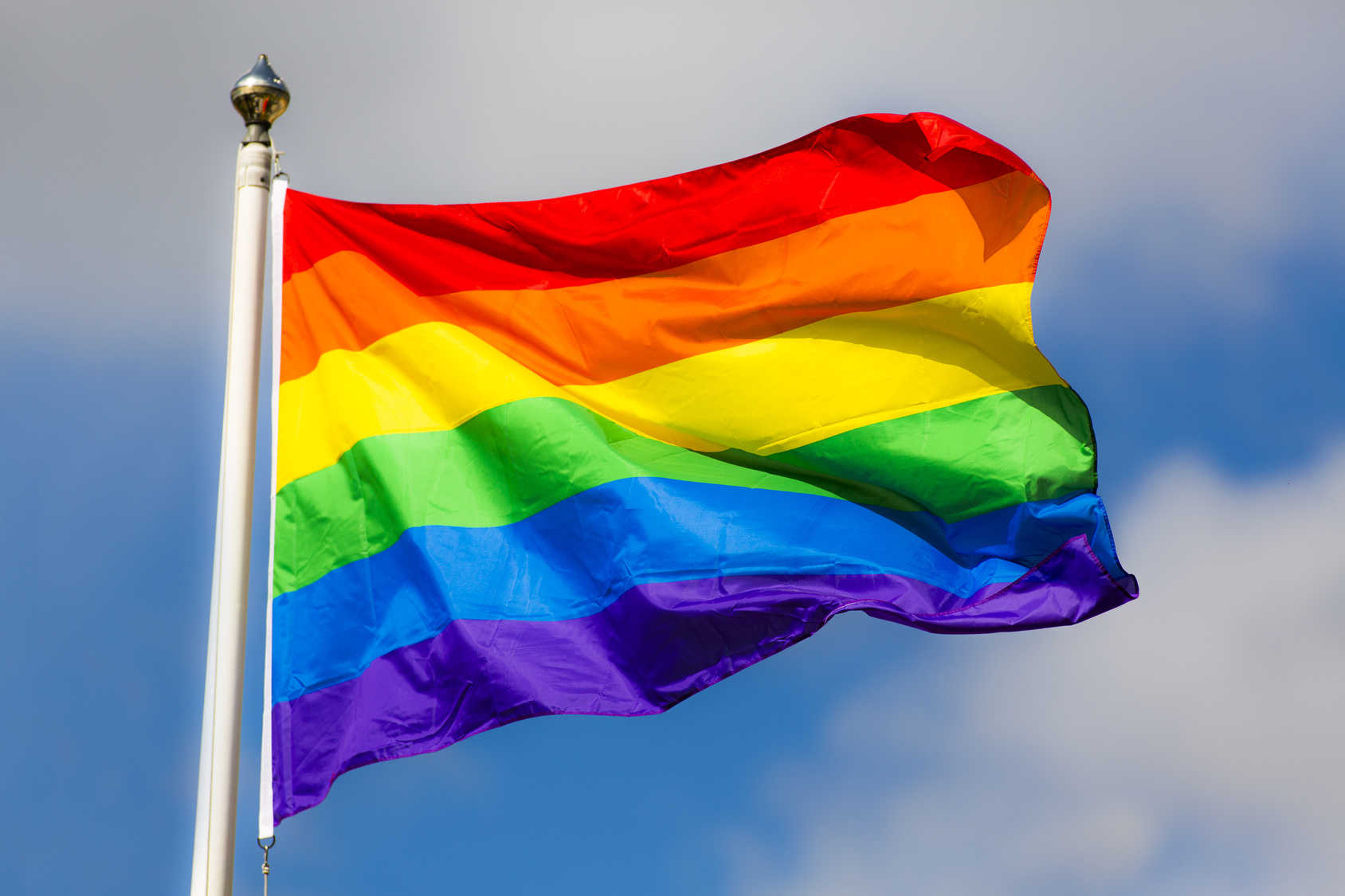ArtEZ University of the Arts: #NO2Hate in the face of the Nashville statement
The Dutch and Dutch-based among us are most probably all aware of the fact that the “Nashville Statement’ (a document imported from the US where in August 2017, it was first published by right-wing evangelical leaders) has recently been signed by around 250 hardline Protestant ministers in the Netherlands. The document states that marriage is the ‘covenantal, sexual, procreative, lifelong union of one man and one woman’ and that ‘it it is sinful to approve of homosexual impurity or transgenderism.’
*
One of the signatories to the Nashville Statement is MP Kees van der Staaij, leader of the testimonial SGP. Only 12 years ago, during a party congress in 2006, the SGP lifted the ban on female membership (after several courtcases where the freedom of religion was weighed against human rights and after the Dutch governement threatened to stop subsidizing the party).
Today the SGP has three seats in parliament and draws most of its support from the Dutch bible belt (a string of very conservative rural areas, amongst others at the region known as "the Veluwe", which surrounds Arnhem). In the Netherlands the SGP is largely considered to be a fringe party with only very limited influence outside of its traditional context - and for most people their backward and dogmatic thinking is completely irrelevant.
That said: in order to obtain majority votes in parliament, the ruling parties sometimes draw on the support of the SGP and are then, to that aim, coerced to compromise on certain topics. Furthermore: globally the current moment produces unexpected, weird and dangerous strategic affiliations between a very broad spectre of ultra-conservative, alt-right and fascist groups. This is an important reason for not underestimating the impact of the Nashville Statement: a document that endorses extreme discrimination, prejudice, and diminishing of LGBTQI+ communities and their rights to live and love. The statement is a piece of hate-speech that not only dehumanizes the large queer communities in the Netherlands but also normalizes violence, hatred and rejection of people based on their right to self-identity and identification.
This document is a stark reminder of some of the toughest attacks on civil liberties and human rights that we have witnessed in the last few years. It also underscores that even in countries like The Netherlands where these rights are often taken for granted, there is a simmering underbelly of discrimination and hatred which takes very little to rise back to the surface, creating an onslaught of violence and abuse on those who are often already precarious in our societies.
*
Thank God:), the action of the 250 Protestant ministers has been widely critised and fiercely protested by many in-and outside the governement, in-and outside churches and other institutions, while the Dutch public prosecution service is considering a criminal investigation.
At DAI we are proudly part of a University that, concurrent with raising the Rainbow Flag on the top of the roof of its headquarters in Arnhem, issues the following powerful statement written by its Vice President:
*
"When faced with a sign of imminent violence and hostility, if we stay silent, we are complicit and enabling these discourses which often need the kindling of silence to spread like wild fire. As an institution of learning where we claim that we are committed to critical diversity, as a University of the Arts where we champion the right to individual autonomy and agency, as a community of care where we have embraced diversity and made home to people irrespective of their non-conformist identities, we owe it to our students and staff, and to the communities who look up to us as the compass of moral action, to take a stance against this act of hate."
*
Many at the Graduate School have signed up a list: "to identify ourselves as queer identified or queer allies, vowing to let students and faculty know that we understand the pain or fear that this Nashville Statement might be causing them. We want to create safe spaces where they can come and share their emotions and feelings with us and that we want to build a community of care that shall protect them. The list is created as an informal resource so that students and colleagues can reach out in times of need."

